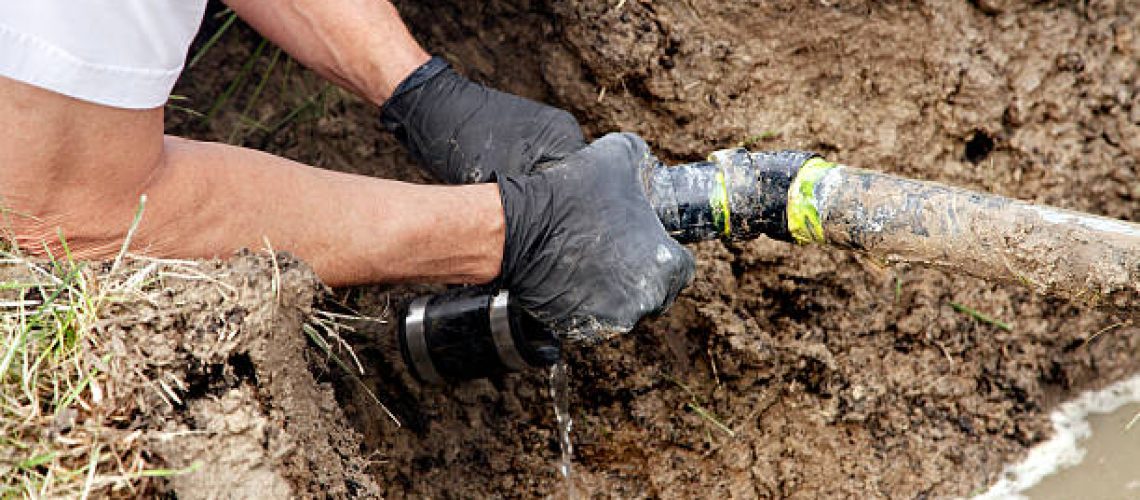Septic systems are crucial in managing wastewater for homes not connected to a municipal sewer system. While these systems are common in rural areas, many homeowners may need help understanding how they work or maintain them properly. In this blog post, we’ll demystify septic systems, discuss their maintenance requirements, and provide tips for troubleshooting common issues.
Maintaining Your Septic System: Tips For Longevity and Health
Proper maintenance is essential to ensure your septic system operates efficiently and doesn’t pose health or environmental risks. Here are some key maintenance tips:
Regular Pumping: The septic tank needs to be pumped out periodically to remove accumulated solids. The pumping frequency depends on the tank size and household usage but typically ranges from every 2 to 5 years.
Watch What You Flush: Only flush toilet paper and human waste. Avoid flushing non-biodegradable items, such as wipes, tampons, and diapers, as they can clog the system.
Limit Grease Disposal: Avoid pouring cooking oils and grease down the drain, as they can solidify in the septic tank and lead to clogs.
Conserve Water: Excessive water usage can overload the septic system. Repair any leaks promptly, and consider installing low-flow fixtures to reduce water consumption.
Avoid Harsh Chemicals: Avoid using strong chemical drain cleaners, as they can harm the beneficial bacteria in the septic tank. Use septic-safe cleaning products instead.
Troubleshooting Common Septic System Issues
Despite proper maintenance, septic systems can encounter issues. Here are some common problems and how to troubleshoot them:
Foul Odors: If you notice unpleasant odors inside or outside your home, it could indicate a septic system problem. Check for visible signs of wastewater backup or pooling in the drain field. Odors can also result from a venting issue, so ensure the vent pipes are clear and not obstructed.
Slow Drains: Slow drains in sinks, showers, or toilets can indicate a clog in your plumbing or septic system. Try using a plunger or drain snake to clear minor clogs. If the problem persists, it may be time to inspect your septic system.
Pooling Water: If you see water pooling in the yard around the drain field, it could indicate a problem with its ability to absorb wastewater. This may be due to clogs, soil compaction, or other issues. A professional inspection is necessary to determine the cause and solution.
Gurgling Toilets: Gurgling or bubbling toilets can indicate a blockage or venting issue in your plumbing or septic system. It’s essential to address this problem promptly to prevent further damage.
High Water Usage: If your water bills suddenly increase without an apparent reason, it could be a sign of a leak in your plumbing or a septic system issue. Investigate the cause and address it promptly to avoid wasting water and potential septic system damage.
Maximize Your Septic System’s Lifespan: Essential Maintenance Tips and Expert Consultation
Understanding how your septic system works and following proper maintenance practices are essential for ensuring its longevity and functionality. Regular pumping, responsible water usage, and careful waste disposal can go a long way in preventing issues. If you encounter any problems or notice signs of trouble, it’s crucial to consult a professional plumber to diagnose and resolve the issue promptly. By taking these steps, you can ensure that your septic system continues to treat wastewater for years to come.



